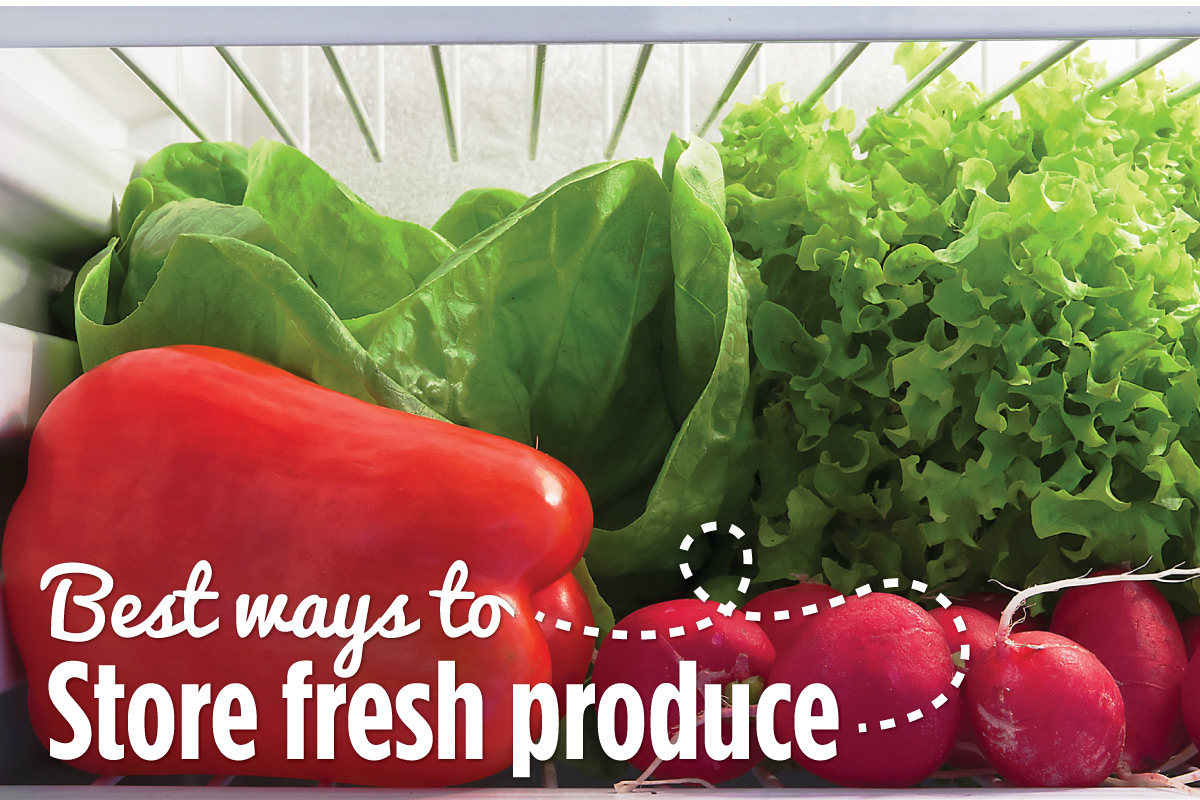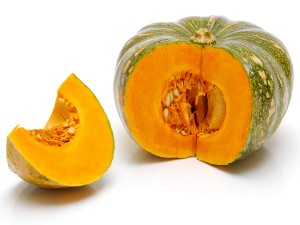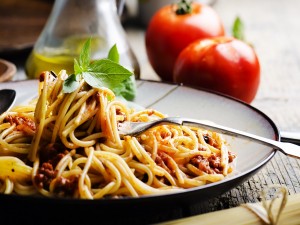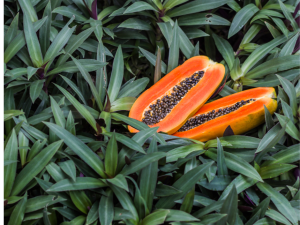
Knowing how to store your fruit and vegetables will make sure you get the most bang for your buck during your weekly shop. If correctly stored fresh produce will last longer, limit contamination to other foods and save you money.
We take a look at the best ways to store your fruit and vegetables.
The first thing to know about fresh produce is that some fruit emits an odorless gas called ethylene. This gas might seem harmless, but it increases the rate of ripening which in turn, leads to a faster decay of vegetables around it. This means that you need to be wise about what fruit and vegetables you store together. For instance, if you place tomatoes near your broccoli your broccoli will spoil faster than it should.
The second thing to know is that temperature affects the rate of produce breathing. This means that your fruit and vegetables will ripen and spoil faster in warmer temperatures, which is why refrigeration is used to store some produce. For example, once mangos are ripe, you move them to the fridge which slows their “breathing” and lengthens their shelf life. When you decide to use this method, you should keeping the fruit in airtight bags as this will suffocate them and instead speed up the time it takes for them to decay.
To keep your food fresher for longer try separating the ethylene emitting foods from the ethylene-sensitive foods (see table below).
Ethylene emitting foods
Ethylene-sensitive foods
- apples
- apricots
- avocados
- bananas (ripe)
- blueberries
- cantaloupe
- cranberries
- figs
- guavas
- grapes
- kiwifruit
- mangoes
- nectarines
- onion
- passion fruit
- peaches
- pears
- plums
- potatoes
- prunes
- quince
- tomatoes
- asparagus
- bananas (unripe)
- blackberries
- broccoli
- brussels sprouts
- cabbage
- carrots
- cauliflower
- silverbeet
- cucumbers
- eggplant
- garlic
- green beans
- kale and leafy greens
- leeks
- lettuce
- potato
- parsley
- peas
- capsicum
- raspberries
- squash
- strawberries
- sweet potatoes
- watercress
- watermelon
After you’ve tried separating your produce, there are some more food specific storage ideas that you may like to try:
- Don’t store your onions with your potatoes.
- Use mesh storage bags or poke holes in plastic bags so your produce doesn’t suffocate.
- Herbs and asparagus can be kept fresher for longer by cutting off the ends, and storing them upright in a glass of water. Keep in mind that this water should regularly be changed.
- Celery can be kept crisp by being wrapped tightly in aluminum foil.
- Don’t wash fruit and vegetables until you are ready to eat them. This is because damp environments promote bacteria growth.




